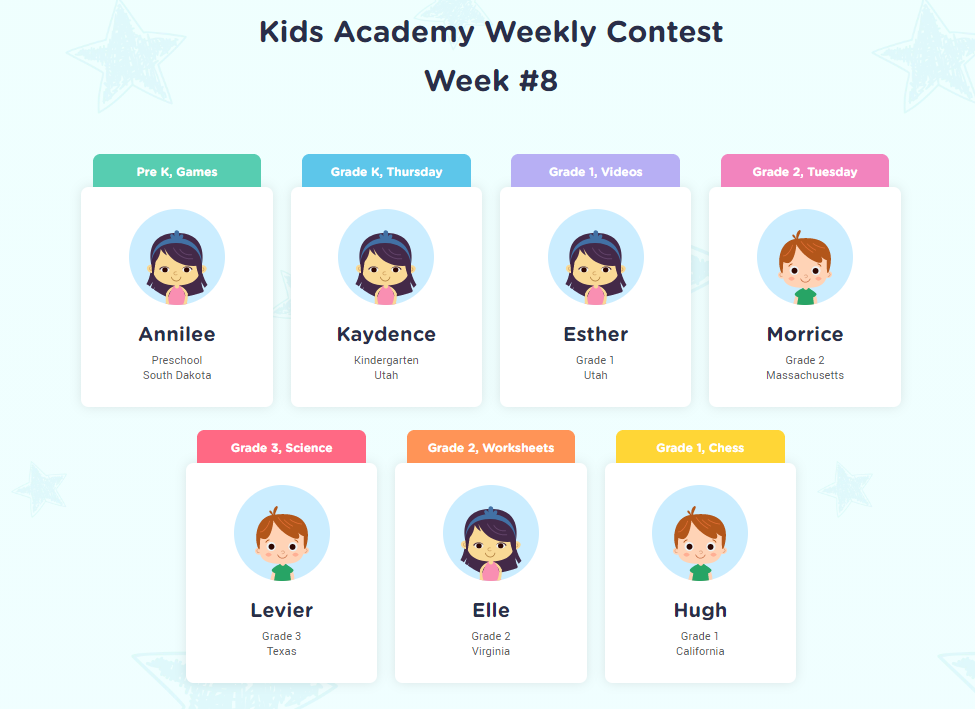Attention to Detail Normal Worksheets for Ages 3-4
5 filtered results
-
From - To
Unlock your child's potential with our Attention to Detail Normal Worksheets, specially designed for ages 3-4! These engaging worksheets encourage young learners to focus on small details and enhance their observation skills. Featuring colorful illustrations and age-appropriate activities, your little ones will enjoy sorting objects, identifying differences, and following simple instructions. Perfect for preschool and kindergarten environments, these worksheets promote cognitive development while making learning fun. Parents and educators can easily incorporate them into daily routines to support early literacy and critical thinking skills. Download our Attention to Detail Normal Worksheets today and watch your child thrive academically and creatively!
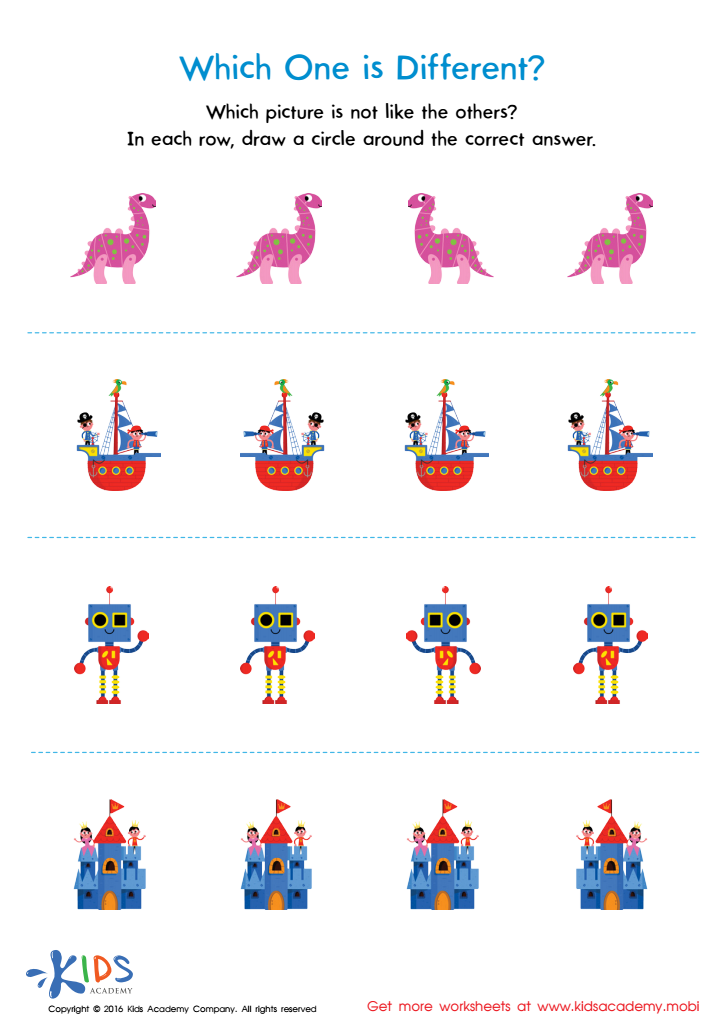

Which One Is Different Worksheet
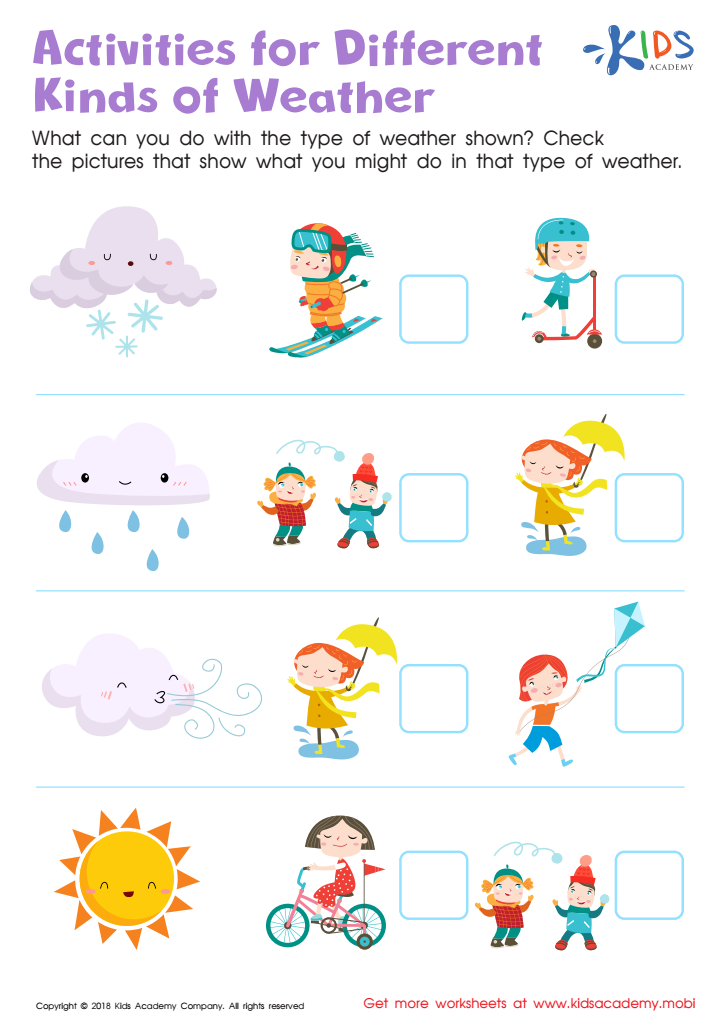

Activities for Different Kinds of Weather Worksheet
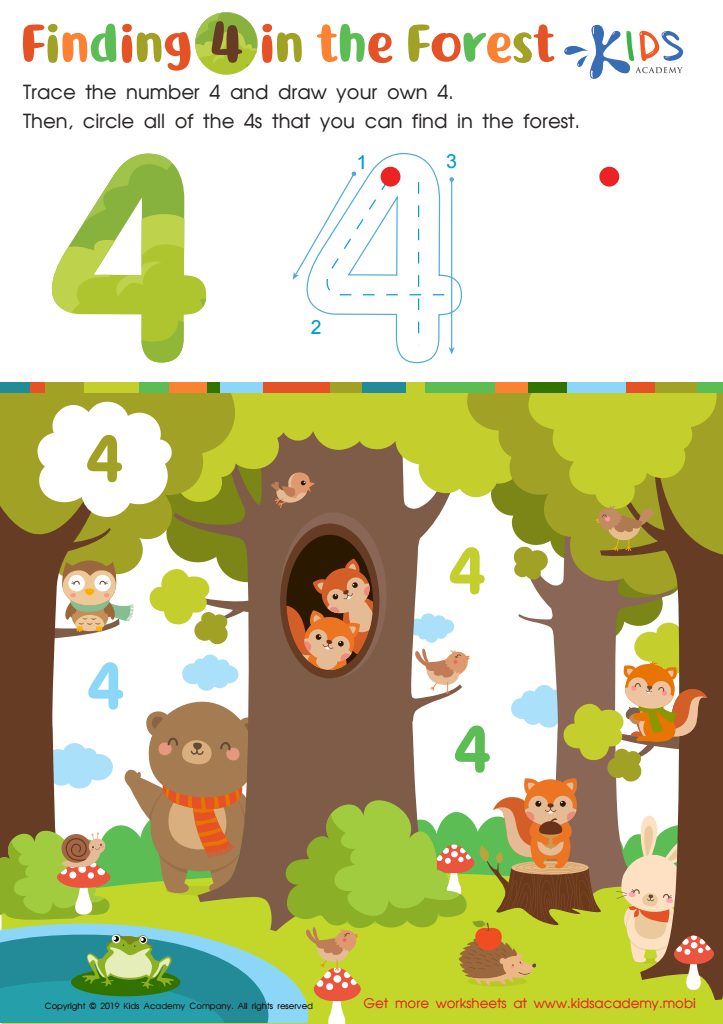

Finding 4 in the Forest Worksheet
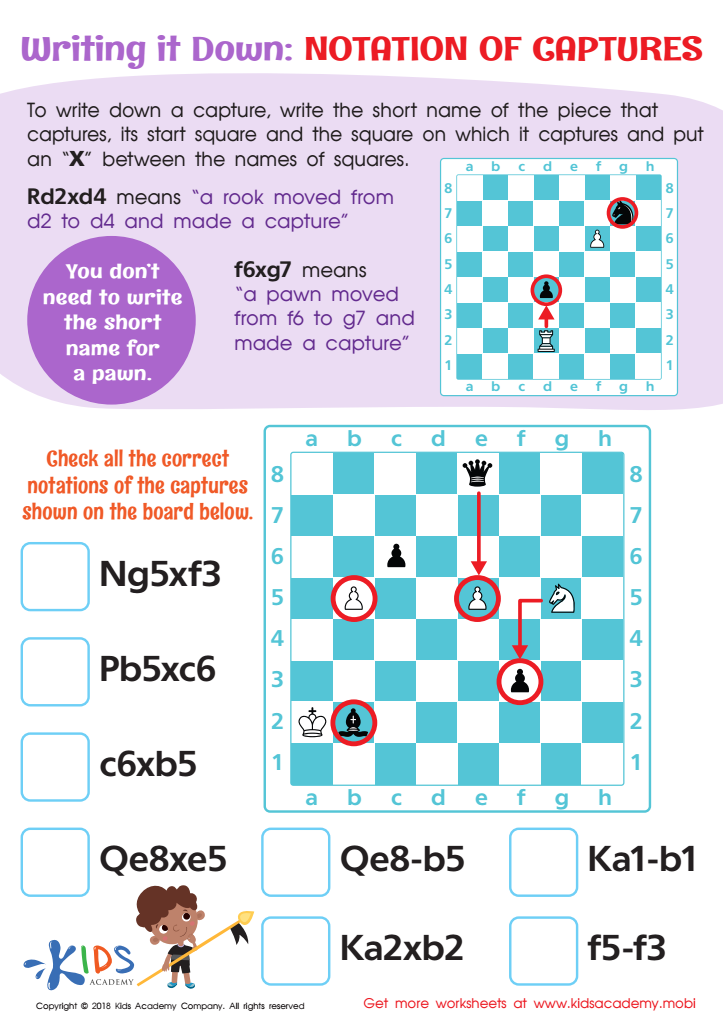

Notation of Captures Writing it Down Worksheet
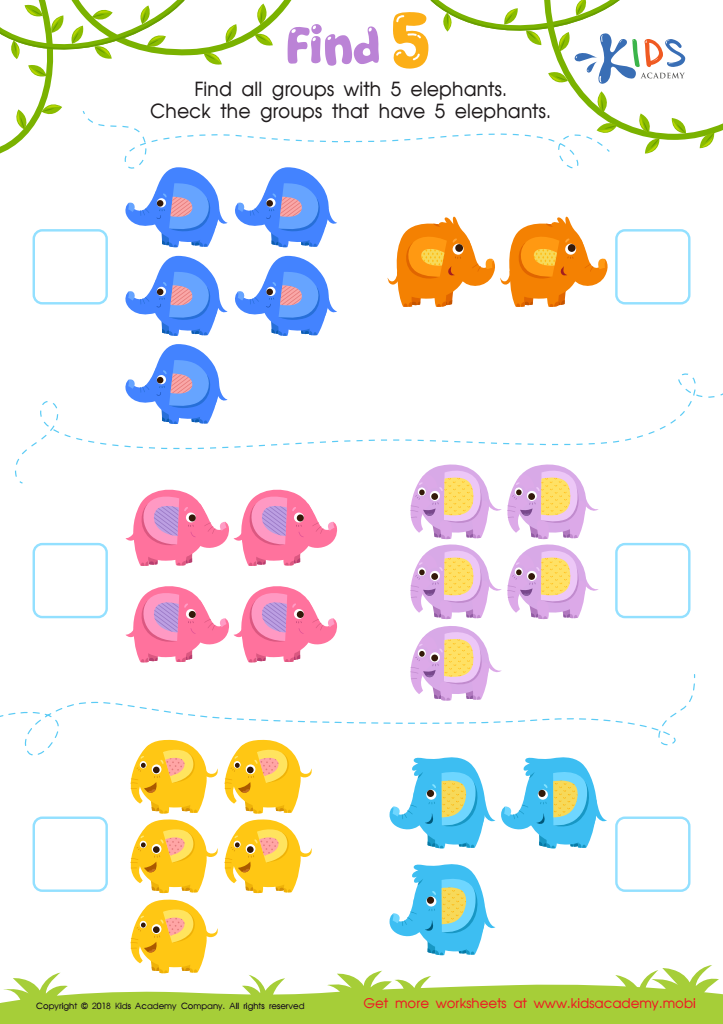

Find 5 Worksheet
Attention to detail in young children, particularly ages 3-4, is crucial for their overall development. During this formative stage, children are in a period of rapid learning and exploration. When parents and teachers foster attention to detail, they enhance a child's cognitive skills, allowing them to notice patterns, differences, and specifics in their environment. This skill supports critical thinking, problem-solving, and creativity, establishing a strong foundation for academic success in later years.
Moreover, careful observation and attention to detail contribute to effective communication skills. Young children who are encouraged to articulate their observations develop a richer vocabulary and better narrative skills, benefiting their verbal expression. It also translates into improved social skills, as they learn to interpret non-verbal cues and engage meaningfully with peers.
Additionally, developing attention to detail aids in emotional regulation. Children who pay attention become more aware of their feelings and those of others, encouraging empathy and cooperation. By cultivating this essential skill early on, parents and teachers set the stage for well-rounded, thoughtful individuals who are equipped to face future challenges. Ultimately, attention to detail contributes not only to academic achievement but also to social, emotional, and personal growth.

 Assign to My Students
Assign to My Students








